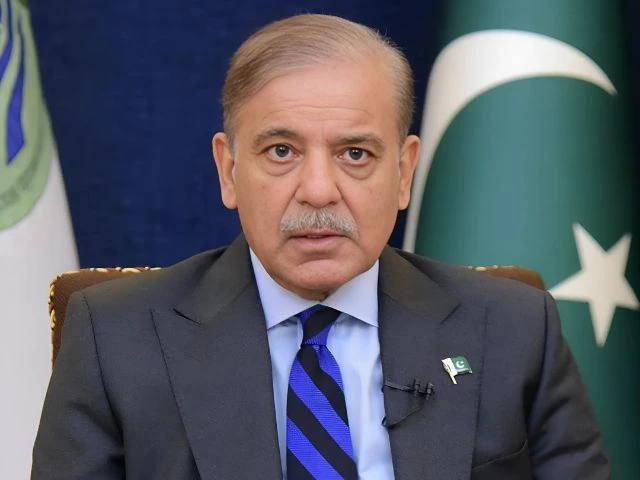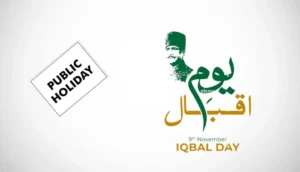Islamabad, 26 Apr, 2025: Pahalgam Attack claims have intensified diplomatic friction between India and Pakistan, prompting Islamabad to express its readiness to join an independent and impartial investigation.
Prime Minister Shehbaz Sharif said Pakistan was willing to support a transparent and trustworthy inquiry into the incident, underscoring the importance of avoiding speculation without substantiated evidence.
During a speech at the Pakistan Military Academy in Kakul, the prime minister remarked that blaming Pakistan without proof had become a recurring approach from New Delhi.
He maintained that Pakistan had consistently acted as a responsible state, calling on India to end what he described as habitual accusations made in the absence of credible investigations.
READ MORE: Pahalgam Attack: India Summons Top Pakistani Diplomat as National Security Committee Convenes
Sharif referenced the Pahalgam Attack as the latest incident in this pattern, noting that the region continued to suffer due to unresolved disputes and unchecked hostility.
He reiterated Pakistan’s stance on Kashmir, highlighting the country’s long-standing support for the region’s right to self-determination, which he described as a fundamental part of the nation’s foreign policy.
He also drew attention to Pakistan’s role in global counter-terrorism efforts, citing heavy losses, including over 90,000 casualties and significant financial damage exceeding $600 billion.
These sacrifices, he stated, reflect Pakistan’s commitment to fighting extremism and maintaining regional stability.
Following the prime minister’s comments, Defence Minister Khawaja Asif reinforced the offer for international cooperation.
Speaking to foreign media outlets, including the New York Times and Sky News, he denied Indian claims that Pakistan-based groups were involved in the Pahalgam incident.
Asif asserted that Lashkar-e-Taiba no longer operated from Pakistan and dismissed accusations as politically motivated.
He also raised concerns that the attack might have been orchestrated to serve internal objectives in India, hinting at a potential false flag scenario.
READ MORE: Shimla Agreement: A Historical Overview For Pakistan, India
Asif further alleged that New Delhi’s recent steps, including its unilateral decision to halt the Indus Waters Treaty, appeared to be part of a broader agenda to provoke Islamabad.
Meanwhile, international bodies such as the United Nations have called for calm, urging both countries to avoid escalation and act with restraint.
The appeal for dialogue comes at a time when both sides are being closely watched for any signs of increased hostility.
With calls for an impartial inquiry gaining support, observers suggest that only a neutral investigation can help uncover the truth and prevent further deterioration of bilateral ties.









